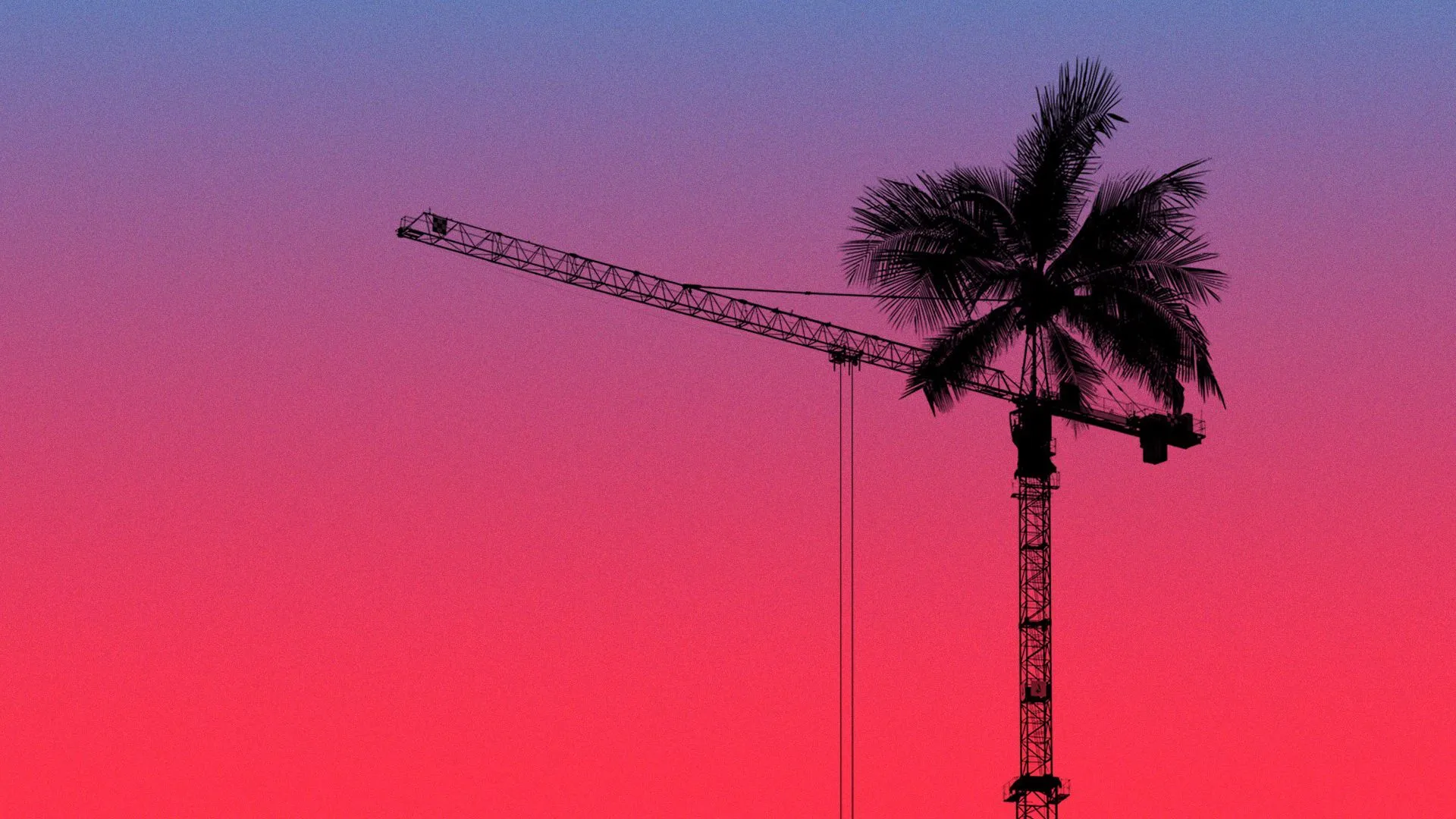Andrew Keatts
June 4, 2025
https://www.axios.com/local/san-diego/2025/06/04/california-housing-politics-yimby-wiener-senate
 Illustration: Brendan Lynch/Axios
Illustration: Brendan Lynch/Axios
California’s most significant attempt to supercharge dense homebuilding is closer than ever to passage.
Why it matters: The state’s housing shortage and affordability crisis could be beginning to translate into significant policy changes.
State of play: SB 79, authored by state Sen. Scott Wiener, passed the Senate Tuesday and now moves to the Assembly for approval.
- The bill would allow private developers to build dense apartment buildings between four to seven stories near transit stops, regardless of local development restrictions.
The intrigue: Wiener has twice before proposed similar legislation, and both died before reaching the point SB 79 just did.
- The first bill, SB 827 in 2018, failed to make it out of committee after generating national attention.
- Wiener and the “Yes in My Backyard” (YIMBY) movement regrouped a year later, proposing SB 50. It was delayed for lack of support, before the Senate killed it in 2020.
What they’re saying: Matt Lewis, director of communications for California YIMBY, a nonprofit advocacy group that sponsored the bill, said the vote is both substantively and symbolically important.
- “This signals the politics of housing are changing,” he said.
- Another bill aimed at increasing homebuilding by exempting most housing projects in urban areas from environmental review, AB 609, passed the Assembly last month.
Friction point: SB 79 and its predecessors — supported by academic research — argue housing costs stem from a supply shortage caused by local housing restrictions.
- Concentrating dense housing near transit in urban areas, the logic goes, also lowers the carbon footprint of those residents.
- Opponents, meanwhile, argue that developers already build enough market-rate units, so deregulation won’t spur affordability and could lead to the destruction of existing cheap housing.
The other side: Geoffrey Hueter, chair of the advocacy group Neighbors for a Better San Diego, said the way the bill measures proximity to transit would lead to large buildings in single-family areas, locations not accessible to transit, or places near planned stations that may never be built.
- “The great flaw in SB79 is that it is an unfunded infrastructure mandate,” said David Moty, an NFABSD member. “A planned bus stop does not by itself create more park space, improve roadways and intersections, reduce fire risk, or change topography.”
Between the lines: Lewis said the bill, beyond providing needed new housing, would also deliver fare-paying passengers to transit agencies across the state facing a budget crisis.
- “If you surround transit with low-density housing, you force them into a budget crisis,” he said. “If we develop housing near transit, you get more revenue and make them more self-sustaining.”
The bottom line: Bills meant to spur housing production are finding more political support in California’s Capitol than they ever have before.


SB 79 and other similar bills are destroying California Cities, large and small due to and attempt by legislators to use one bill fits all approach. Housing and transportation and infrastructure require planning and much thought. Every site is unique. This blanket approach to construction in California is simply just bad and demonstrates the lack of thought behind these bills – KILL SB 79 AND EVERY OTHER “HOUSING” BILL THAT ATTEMPTS TO USE A ONE BILL FITS ALL SITUATIONS.